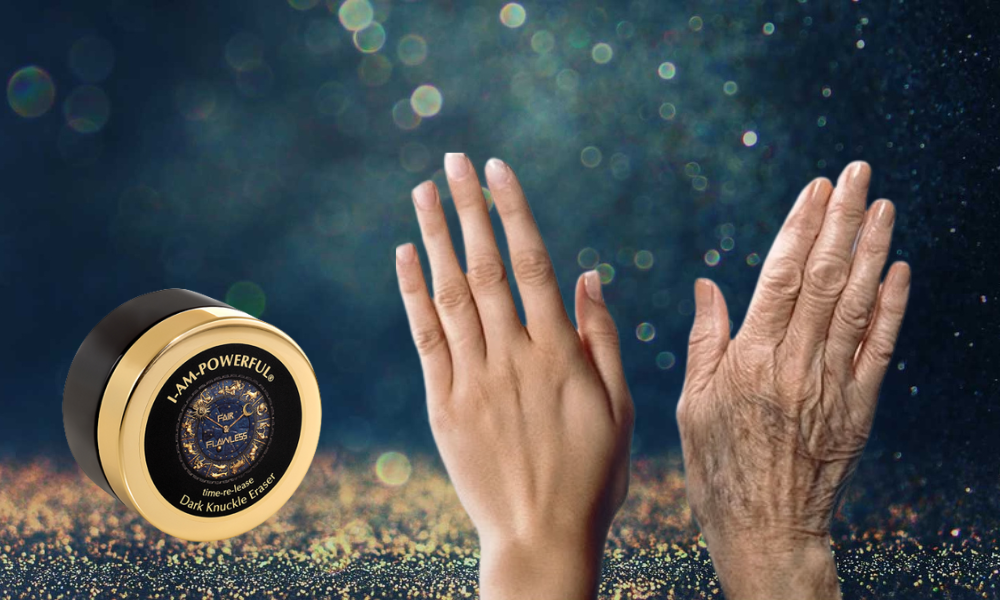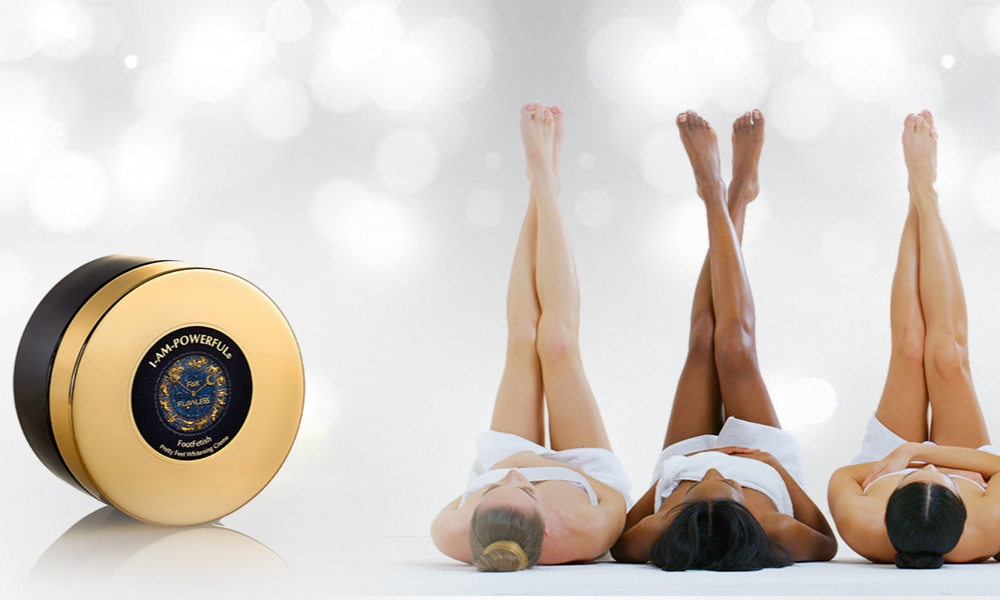Why You May Be Suffering from Facial Discoloration
When you get dark spots or patches of discoloration on your face, you might be confused about what's happening. Is it just that your skin is ageing? It actually has little to do with time’s effect on your skin. Here are the most common causes of facial discoloration and what you can do about them:

Sun Exposure and Damage
What's the leading cause of facial discoloration? Sun damage! UV rays accelerate the skin's production of melanin, which creates darker patches on your skin. In fact, exposure to the sun is one of the most common causes of skin hyperpigmentation. This can take the form of freckles and age spots (which have nothing to do with age!). You need to stay out of the sun and protect your skin with sunscreen. Even if you already have discoloration, you need sunscreen to prevent it from getting worse or spreading. The use of a natural skin-lightening product can help to erase the sun damage.
Pregnancy
During pregnancy, your body's hormones change which can lead to a variety of conditions. One of them is melasma, dark brownish patches that appear on your face. Melasma is known as the 'mask of pregnancy' because it's such a common affliction for pregnant women. It thankfully tends to clear up after pregnancy when the body's hormones go back to normal.
However, melasma can also occur when you're not pregnant, perhaps from use of the contraceptive pill or genetic reasons. UV exposure tends to make the brown patches worse or cause them to spread to other areas of your face, so UV protection is a must. The use of natural skin lighteners can be beneficial to treat melasma. An example is azelaic acid. Studies have found that a 20% concentration of azelaic acid was as effective as 4% hydroquinone to treat melasma. The bonus is that it doesn’t come with nasty side-effects. Other successful skin-lightening ingredients you can use for various types of skin discoloration that are totally natural include kojic acid and bearberry.

Bad Bouts of Acne
Sometimes after a bout of pimples, you might notice that the site of your skin has been marked with discoloured spots. These are known as post-inflammatory hyperpigmentation and can take months to fade away. To eliminate dark marks from acne much quicker, you should be using Vitamin C creams and retinoids that will lighten your complexion while also increasing skin cell turnover so that fresh, pigment-free cells come to the surface of your skin.
Rosacea
The discoloration that appears on your face might not always be dark spots - it could be redness. Rosacea is a condition that causes flushing on the face that never goes away. You might also notice that your blood vessels are more noticeable. Rosacea can arise from a variety of things, such as extreme temperatures that dry out the skin or your diet.
You should protect your skin against irritation as much as possible, such as by covering it during cold weather and wearing sunscreen when outside, as well as avoiding spicy, greasy foods that lead to inflammation. You should also choose gentle, natural-based skin products that don't irritate the skin.
Lack of Nutrition
If your diet is lacking certain nutrients, your body's response could be to increase its melanin production. A vitamin B12 deficiency can cause skin discoloration. This important nutrient helps to regulate the skin's production of pigment. Without it, your skin can create too much pigment which causes spots and patches of discoloration. It's common to lack B12 if you are a vegetarian or vegan because it is found in animal-derived products, such as meat and dairy. In those cases, it's good to take a B12 vitamin to keep your body and skin healthy.

Facial discoloration can have many different causes but they can all be successfully treated. Follow the above tips to achieve lustrous, gorgeous skin and banish pigmentation for good.










